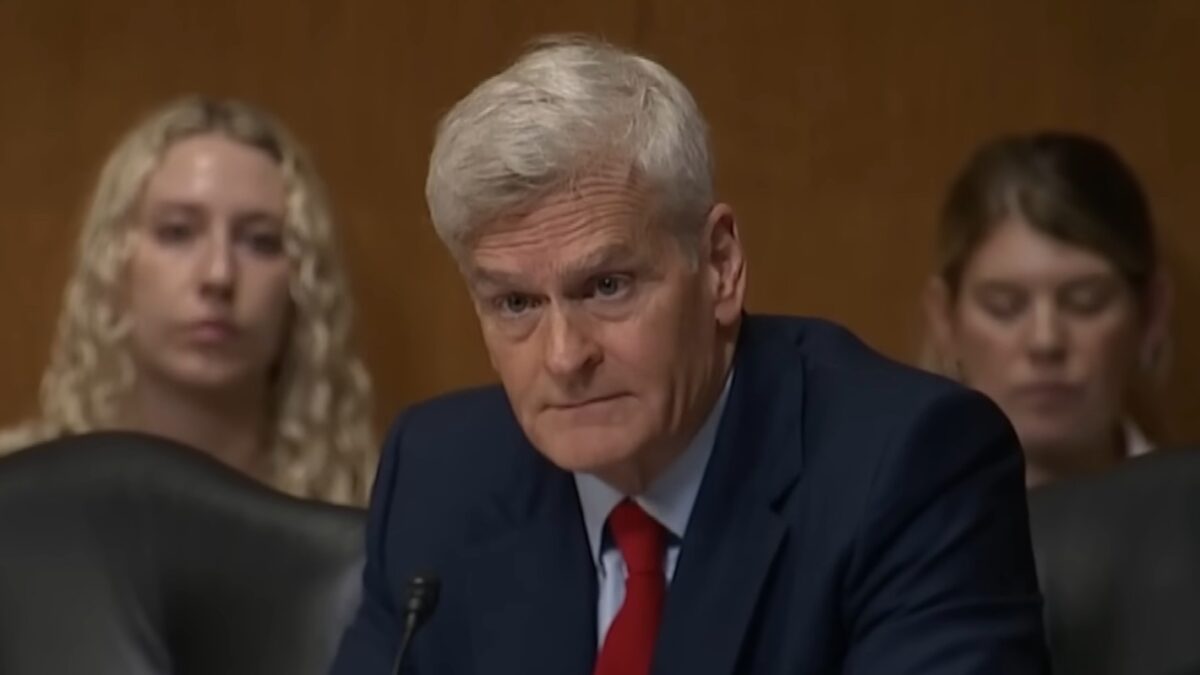
It’s a disconcerting time to be a freelancer in the coastal economies. Legislators are enacting laws that limit how much freelancers can work for a company without that company employing them full-time. The idea is that if these companies love freelancers so much, they should put a ring on it and hire them already.
Legislators are playing catch up with the gig economy, but so long as they’re mired in the old ways, they’re going to hurt freelance and gig workers with these new bills. Unable to think of a new way forward, they are relying on past solutions to solve new problems. This won’t work.
City and State hosted a recent talk on New York’s gig economy at the New School for Social Research in Manhattan, with keynote speaker and sponsor of the gig-workers bill in the New York State Assembly, Sen. Diane Savino. Panelists were on hand from the machinists union, Handy, Tech:NYC, the Independent Drivers Guild, and Doordash to speak on the economic ramifications of the gig economy. To talk about protecting workers while building a tech economy were New Jersey Deputy Majority Leader Paul A. Sarlo, the vice president for public policy at Postmates, labor academics from the New School and Cornell, and a rep from the Business Council of New York State.
Notably absent were any actual freelancers or gig workers who could speak to their working conditions, interests, or needs. Instead, lawmakers, employers, and policy nerds congregated to tell the assembled crowd their plans for drastically altering the working landscape for freelancers. The panelists didn’t take any questions, so there was no way to clarify why they thought their top-down approaches would work.
State Lawmakers Are Meddling in the Gig Economy
Bills meant to give gig workers more rights are pending in New Jersey (tabled until Jan. 14, 2020), New York, and Illinois. The impetus for this talk was the outsized upset reaction to new gig-worker law AB5 in California, which plenty of freelancers are heralding as a disaster.
AB5 shows that laws to protect workers may take away more than they give. While lawmakers in New York and New Jersey feel that if they take more time they may be able to make proper adjustments to ensure fairness, these laws designed to protect workers will probably prohibit their free ability to earn a living.
Savino and the panelists were primarily worried about low-skilled workers: house cleaners (Handy), delivery personnel (Postmates), part-time laborers (Task Rabbit), and ride-share drivers (Uber and Lyft). “The average worker has seen tech improve their ability to work, but it’s also changed their ability to manage their time,” Savino said, discussing the prevalence of off-the-clock email checking. She discussed changes to consumer behavior, and the culture of instant, app-based gratification.
Labor-oriented lawmakers, academics, and union reps see low-skilled laborers seeking work in the app-based, gig economy and lament the lack of employment regulations that unionization and even full-time employment used to provide. They want workers to have access to health insurance, unemployment and disability insurance, standardized wages, and work weeks that other employees have.
However, employment scenarios that facilitate regulations on the contract and structure of the employee/employer relationship are not practical in many areas of the tech economy. People work on their own schedules and are not beholden to the apps for anything more than a connection to work.
Creative freelancers and gig workers who will inevitably be caught up in this law may find they are unable to control their own destiny. There is freedom in being able to decide when, where, and how much you work. And app-based gig work is not the only work available. U.S. unemployment rates are surprisingly low, and while those measures are not conclusive, they do speak to a trend.
How to Legislate the Gig Economy
The question that brought Savino to sponsor a law in New York was, “How do we regulate the gig economy in such a way … that workers seem to want now,” with human rights protections, unemployment, and disability? “How do we do that without disrupting the disrupting economy?” She said, “AB5 does not present the comprehensive protections that workers need,” but her reasoning was that the law already has “too many exemptions” and is the subject of pending lawsuits, leaving it unable to be fully implemented.
Ideas mentioned for ways to legislate gig and freelance workers include: state-administered benefits plans employees can access no matter which company they gig for; an hours cap for workers over which they would receive additional benefits; freelance worker unions that would have the power to collectively bargain with all the app companies and make standard agreements; limits based on whether workers are gigging part time or full time.
Lawmakers want to hold the apps accountable for workers’ choices to freelance and gig, with apps as the intermediary to clients and customers. The tech sector wants to operate much as it has been and provide benefits under its own direction. If government wants to provide protections for gig workers, perhaps it should propose programs that will work with gig workers, such as tax breaks for the self-employed and an option for workers to pay into unemployment and disability on their own, without employer sponsorship.
Savino lamented that as things stand, there will be 50 different state solutions. She wants the federal government to weigh in on how much workers are allowed to work, what benefits they are required to receive, and the agreements among apps, outlets, and freelancers.
Let Freelancers Do What They Do Best
With a background in labor, Savino’s model is the industrial economy. But that model is gone, and it’s not coming back. Basing new laws for worker protections on old models will harm workers, as it’s doing in California, where freelancers are being let go by the boatload.
The tech industry touts flexibility as the main thing workers want, while labor academics and lawmakers are worried most about leveling the playing field for workers and companies, creating portable benefits, and making sure standards don’t fall. Lawmakers worry low-skilled workers will be exploited and think that if they were employees, they would face less risk. Of course, employers exploit low-skilled workers all the time. With apps, workers take back some of their power.
While Savino and her counterparts in state legislatures across the country weigh their options, they should do what City and State absolutely did not — invite the workers in, hear from them, and find out what makes them eschew the traditional labor market in favor of their own hustle. It’s not enough to speak to industry leaders about what they think should happen or concessions they are willing to make. We need to hear from the millions of people that gig economy laws will displace.
Instead of regulating the relationship between freelancers and their clients, governments should work directly with freelancers to facilitate their ability to keep earning on their own terms, rather than creating obstacles for them to work. If legislators can’t do that, they should leave freelancers to do what they do best: work, hustle, and sort their own work/life balance.
The gig economy is not as broken as lawmakers believe it is. For many freelancers, it gives them exactly what they want.









